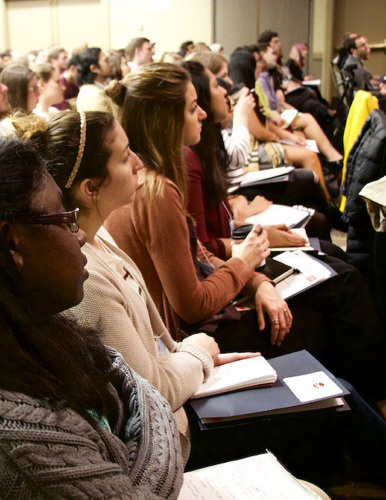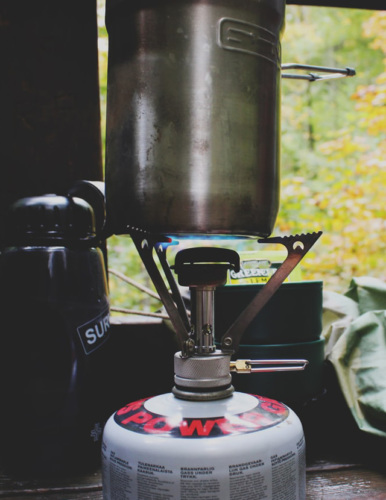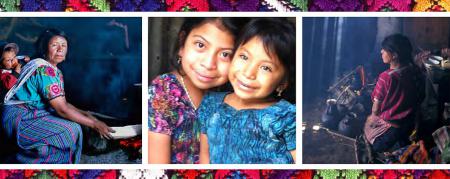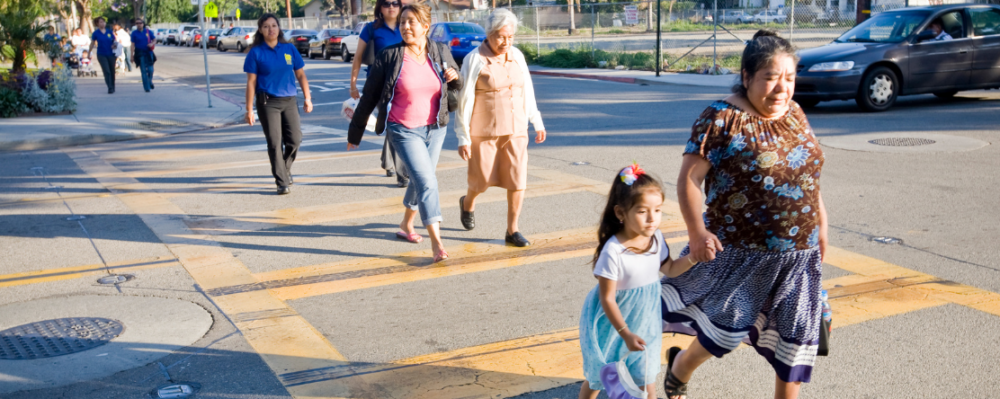
This program is no longer active
Cleaner Cookstoves: Building Global Capacity & Improving Public Health
Exposure to smoke from cooking fires and traditional stoves results in nearly 2 million premature deaths each year, predominantly among women and children. The adoption of cleaner stoves and fuels will not only save lives but also reduce rapid erosion of natural resources. This grant from the U.S. Centers for Disease Control and Prevention focuses on improving clean cookstove design and building demand for this new technology. The program supports field work in Kenya, Guatemala and India, and contributes to the Global Alliance for Clean Cookstoves in Washington, D.C.. The award is administered through PHI's Center for Public Health and Climate Change, which is working to address the health impacts of climate change.
-
Focus Areas
Data, Technology & Innovation, Global Health, Healthy Communities -
Issues
Asthma, Climate Change, Rural Health
Projects
Completed Projects
- Evaluation of Acceptability and Sustainability of Improved Stoves and their Impact on Indoor Air Quality and Child Health in Rural Western Kenya
-
PHI will provide support to the World Health Organization to: 1) establish research partnerships with the Centers for Disease Control and Prevention, Columbia University, Liverpool University and Kenyan partners; 2) identify candidate clean stoves/fuels and carry out initial testing of emissions, fuel use and safety; and (3) identify study communities, install stoves, and monitor use and acceptability over first year.
- Assessment of Noncommunicable Disease Surveillance Capacity in Low and Middle Income Countries
-
This project will finalize the design of a noncommunicable disease surveillance assessment tool that PHI pre-tested in Thailand. After revamping the tool, PHI will use it to evaluate NCD surveillance in a second low and middle income country. Following testing, PHI will analyze the findings and prepare a report on the Country’s NCD surveillance system strengths and areas where support is needed.
- Global Standardized Hypertension Treatment Project
-
This project will build on the hypertension treatment framework recently developed by CDC and PAHO in collaboration with high?level regional stakeholders. This shared framework seeks to improve hypertension control worldwide and will expand regional and global stakeholder understanding, commitment and action to implement global treatment recommendations. The project will further refine the framework standardizing pharmacological treatment of hypertension and complementing current hypertension guidelines. As a basis for this approach, CDC and PAHO applied infectious disease models that have proven successful for global TB and HIV management. The project treats essential medications, treatment protocols with targets, and patient cohort monitoring as fundamental elements of a structured treatment approach. Implementation will take place in Latin America and the Caribbean, regions where disease prevalence and limited treatment reflect the situation of hypertension worldwide.
- Hypertension Lancet Commission
-
This project will provide ongoing support to help scale up the Global Standardized Hypertension Treatment Project (GSHTP) developed by CDC in collaboration with PAHO and other high-level regional stakeholders. The project will improve the availability and accessibility of standardized hypertension tools through the development of a broad toolkit and technical package. The project will continue to enhance stakeholder engagement through effective Alliance coordination, conduct of an international conference, and promotion of standardized treatment and medication procurement through two thematic webinars.
- Cleaner Cook Stoves Project
-
This project seeks practical and sustainable cooking solutions that can deliver large reductions in household air pollution (HAP) in regions where biomass continues to be an important cooking fuel. Because HAP reductions of 80 to 90% are required for health gains to be achieved, the project continues to focus on liquefied petroleum gas (LPG), increasing household adoption and reaching sustained and exclusive use of this clean fuel through demonstration projects in Guatemala and India.
Work With Us
You change the world. We do the rest. Explore fiscal sponsorship at PHI.
Support Us
Together, we can accelerate our response to public health’s most critical issues.
Find Employment
Begin your career at the Public Health Institute.




